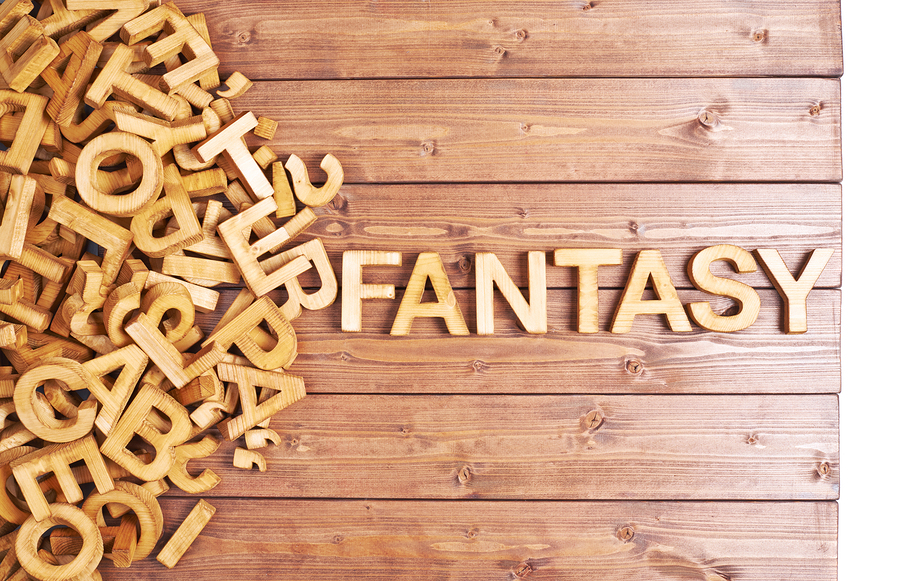Most successful authors are known for one thing, not a variety of things.
Even if they publish many books, their name is identified with one thing. The one thing isn’t necessarily one book, but it might be.
Catherine Marshall, author of the classic novel Christy, actually published over two-dozen books. But she is remembered by most for one thing.
Stephen King, author of many bestsellers has an identity founded on one thing.
An “award-winning” author won that award for one thing. I suppose a lifetime achievement award would classify an author as “award-winning,” but they usually got the lifetime award for doing a really wonderful one thing and a large number of other things over time.
Some may feel being a successful author gives them creative latitude to write whatever they desire. But any kind of public performance endeavor (like being an author) carries a very sharp double-edged sword. A bestseller creates an expectation of a next thing and that next thing better not disappoint the readers of the bestseller. Readers want the one thing again.
Many authors dislike the idea of one thing because they want to be creative.
But successful authors embrace it.
A successful television series can “brand” an actor and they cannot break free of the character they portrayed no matter what else they do. There are a lot of TV actors who desired to be taken serious, but their success was playing a character being anything but serious and no matter how long they live, they will be branded with that success. That one thing.
Among other reasons, this is why some actors prefer film rather than television. They can develop more of a portfolio of roles and not be as limited. But give one mega-performance in a film? They are branded with the “one thing” to the audience, remembering them forever for one thing. (John Wayne, pictured above, was an actor in 84 Westerns in his career.)
Authors are more like television actors than film actors. Precious few can write and sell successfully across multiple categories.
Agents and publishers are generally not on the lookout for authors who can write fiction, non-fiction, YA, children’s, etc. Actually, authors who refuse to be categorized create a bit of a problem for everyone in the process.
Why one thing?
Because you want the largest possible group of people to recognize your work.
If you fight the “one thing” in your writing career, you attempt to stitch together a following in social media or in other author platform building elements of multiple reader groups that have nothing in common. It will be frustrating if you are depending on your name alone as the brand.
If you are already famous, then maybe you can write across many categories. But you are probably already famous for one thing. So we are back to that.
There are exceptions, but precious few authors have ever been able to publish as widely as they like. Creative people fight the one thing. Brand management by its very definition is the limiting of creativity to one memorable thing and creative people don’t like limits.
Indie publishing allows someone to write whatever they want, but just because you can publish without boundaries, doesn’t mean that you are exempt from the one thing principle.
Your success at something will affect your future far more than your creative desires or plans. If you are convinced that God opens doors and closes others, a successful book is an open door and identifies your one thing.
How can you be creative and do just one thing? Placing creative limits on your work is simply comparable to choosing what size canvas you use for a painting. It is not as painful as one might think.
So, what is my definition of the one thing?
Writing where you are most successful.
It might not be the type of writing that you love most, but it the type which bears the most fruit.
That is the one thing.











